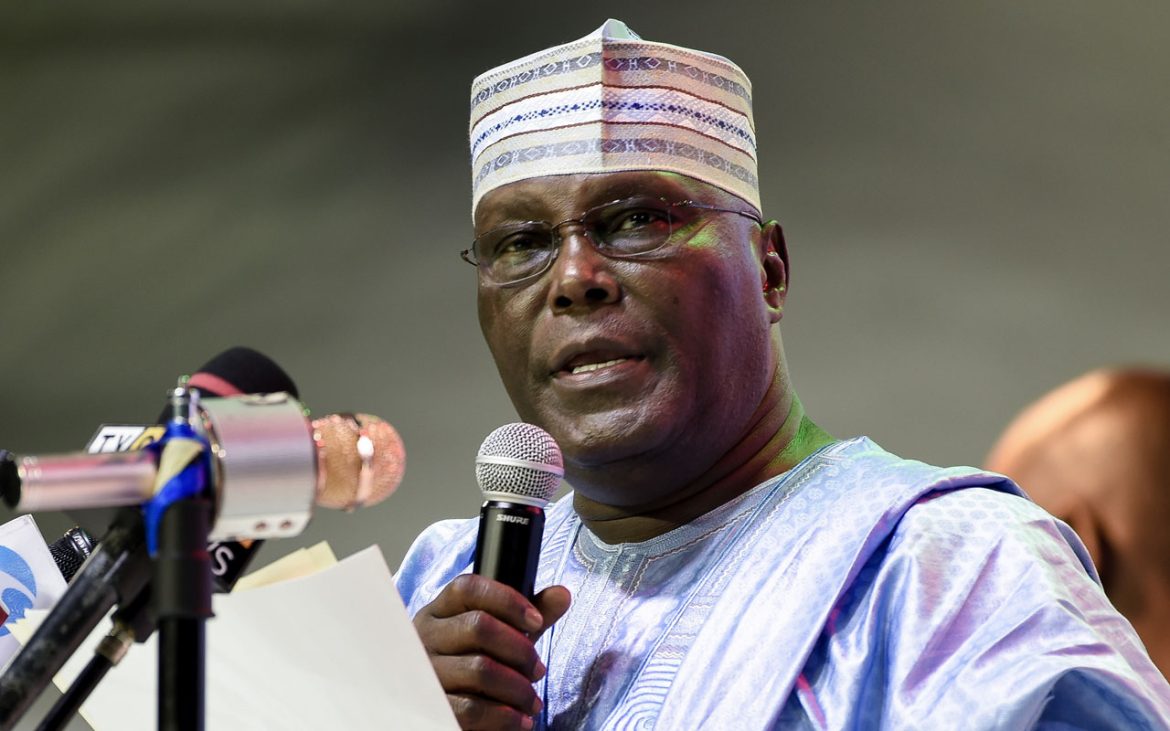
The Federal Government has voiced serious concern over the staggering dropout rate in Nigerian schools, revealing that approximately 24 million pupils enrolled in primary schools do not progress to senior secondary education. This was disclosed by the Minister of Education, Dr. Tunji Alausa, during a ministerial roundtable on zero-rated data and devices for Nigerian teachers in Abuja on Thursday, October 23, 2025.Citing data from the digitized Nigeria Education Management Information System (NEMIS), Alausa noted that of the 30 million pupils recorded across 21 states, only 10 million advance to Junior Secondary School (JSS 1), with 20 million dropping out. By senior secondary level, another 4 million disappear, leaving just 6 million students. “The data is alarming,” Alausa said. “From 30 million in primary school to 6 million in senior secondary, it’s a threat to our educational and human capital development. But with this data, we can now design evidence-based interventions and monitor outcomes.”The NEMIS platform, a web-based system similar to those used in Kenya and Sri Lanka, collects real-time education data to inform decision-making at national, state, and local levels, according to The Guardian. Alausa announced that starting in 2026, the annual school census will be fully digital, with paper-based systems phased out. The platform is also capturing biometric data to track students and support data-driven policies, with plans to integrate West African Examinations Council (WAEC) and Joint Admissions and Matriculation Board (JAMB) data.The Minister thanked UNICEF for technical support and President Bola Tinubu for financial and political backing. He highlighted the distribution of over 60,000 tablets to schoolchildren in Adamawa, Oyo, and Katsina States under the Airtech (Amazon Web Services) and BESDA programs, with 30,000 more devices expected soon. Additionally, Alausa revealed the recent launch of interactive smartboards, aiming to equip every Nigerian school with one by 2027 to replace traditional chalkboards.“Smartboards will transform classrooms with multimedia, digital textbooks, and real-time interaction, ensuring high-quality education for every child, regardless of their background or location,” Alausa said. The initiative seeks to foster dynamic, technology-driven learning environments, enabling students to engage actively and explore educational content beyond passive listening.
Related Articles






Don't miss out on breaking stories and in-depth articles.